PUWER Assessments
Achieve PUWER compliance with total confidence
If your business owns, operates or has control over any kind of mechanised work equipment, you need to ensure it’s safe for its intended use to comply with Provision and Use of Work Equipment Regulations (PUWER).
Our turnkey PUWER assessment service covers the whole process, from testing equipment against regulations to providing test reports and remedial solutions in the event of non-compliance.
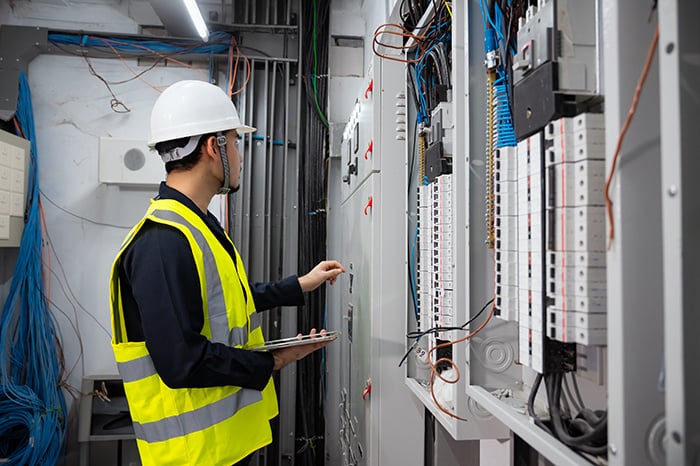
Turnkey testing service for high-technology manufacturers
Specialists with 35 years’ experience in compliance testing
On-site assessments across the UK
Trusted By
PUWER Assessment Services
We help high-technology manufacturers to assess new and relocated mechanical equipment on installation, as well as at regular intervals or when circumstances change.
On-site equipment testing and inspection to assess suitability and safety
Full test reports detailing any potential problems
Ad-hoc consultancy services to address specific issues
Equipment assessment on installation
Remedial solutions in the event of non-compliance
Ongoing support to cover any changes
Equipment reassessment at suitable intervals or if it’s been modified, its intended use has changed, there’s been an accident or it’s been exposed to deterioration
Download the PUWER Guide
Read our PUWER Assessment guide for more information.
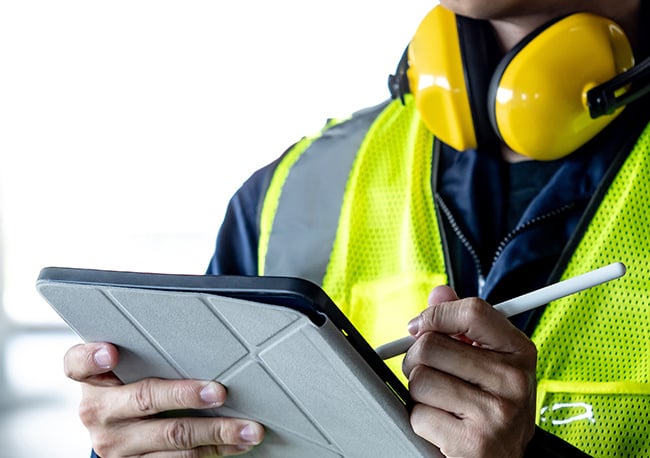
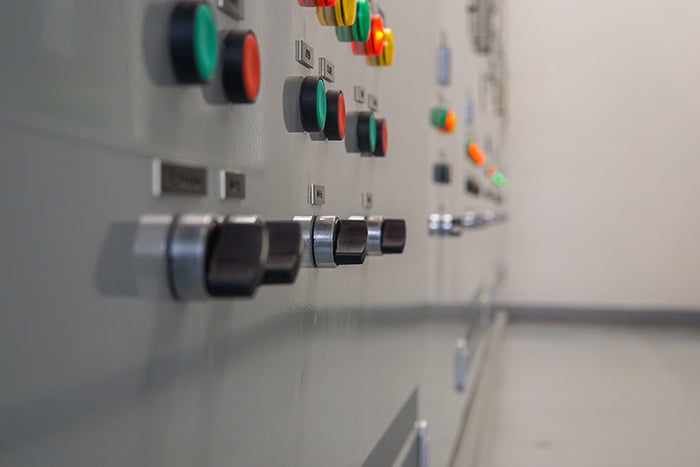
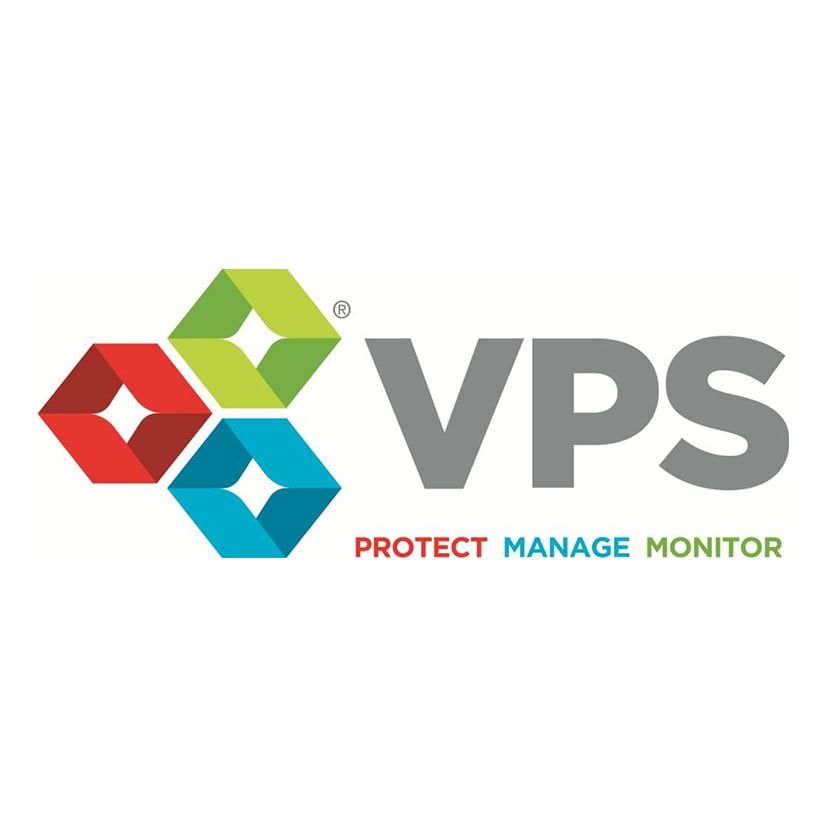
Further Information on PUWER Assessments
-
What is PUWER?
Provision and Use of Work Equipment Regulations, often abbreviated to PUWER, are regulated by the UK HSE (Health and Safety Executive). PUWER regulations place duties on companies that own, operate or have control over work equipment and regulate that it's safe for its intended use.
Any company that owns, operates or controls work equipment has a responsibility to comply with PUWER. “Work equipment” in this context applies to any machinery, appliance, apparatus, tool or installation for use at work; whether it is personal equipment or used by more than one employee.
The main objective of PUWER is to ensure the safety of individuals and companies who operate, maintain and have control over equipment used in the workplace. PUWER places responsibilities on both employers and their employees, irrespective of whether they own the work equipment they are using. Organisations and individuals with responsibilities under PUWER should understand the requirements and implications of the latest version of the regulations.
-
What is a PUWER risk assessment?
To comply with PUWER, every new piece of equipment has to undergo a PUWER inspection. A PUWER workplace assessment typically involves:
- Identifying and reporting any hazards
- Assessing risks by calculating the chance of harm being done
- Identifying ways to eliminate those risks where possible
- When a complete elimination of a certain risk is not possible, listing ways to reduce it and specifying precautions which need to be taken
A PUWER workplace assessment should be performed each time a piece of equipment is installed. Reassessments are necessary if any modifications or changes are made, or if that equipment will be used differently. Reassessment is also required if there has been an accident.
-
Who does PUWER apply to?
PUWER regulations apply to work activities throughout the whole of Great Britain, as well as offshore installations such as oil rigs and gas supply platforms. The groups covered by PUWER include:
- Employers
- Self-employed people and the equipment they control or use (whether for profit or not)
- Those who are employed to supervise or manage the use of equipment operated by others
-
What equipment is covered by PUWER?
“Work equipment” in the context of PUWER applies to any equipment, appliance, apparatus, tool or installation for use at work (whether exclusively or not), including equipment that employees provide for their own use at work.
PUWER regulations apply to work equipment found at any workplace in Great Britain and offshore installations, including but not exclusive to; factories, construction sites, farms, hospitals and offices.
-
When does PUWER not apply?
The regulations do not refer to equipment used by the public, which comes under the Health and Safety at Work Act 1974. PUWER also does not apply to those who have supplied, sold or hired equipment – in this case, it’s up to the purchaser of the equipment to make sure that it is complying with the law – that is; specified, installed and used so that it does not present a risk to those at work.
-
How does PUWER affect training?
PUWER requires employers to ensure that their work equipment is used exclusively by individuals who have received the necessary training to carry out the work safely. What is accepted as adequate training will vary according to an employee’s current competence level, and the complexity of the work equipment itself.
Staff without the qualifications necessary to operate a piece of equipment must be given the relevant training by an employer before they can use the equipment unsupervised. The competence of new employees should be assessed to ensure that they only operate equipment which they are qualified to use.
Trusted by Rolls-Royce, MBDA, Rapiscan, Cytiva and more
Since 1991, we’ve been helping manufacturers and importers in the semiconductor, pharma and other high-technology industries comply with the requirements PUWER.
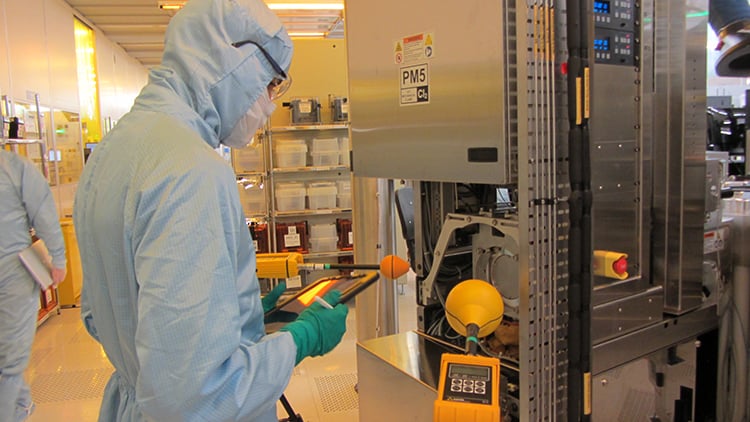
Why Work With Us?
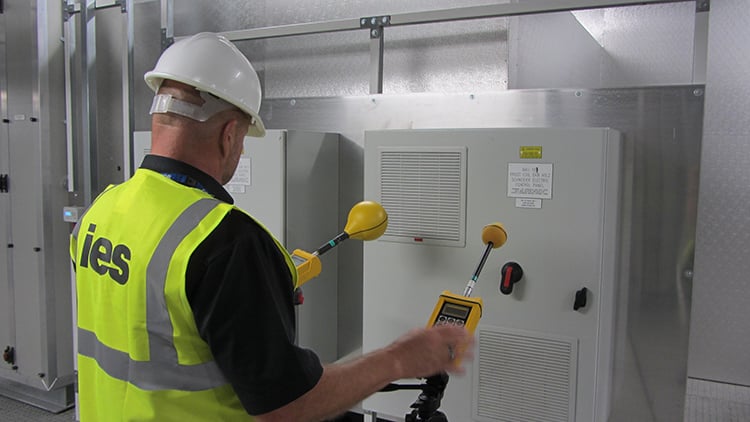
-
35 years’ experience
Work with a partner that has more than 35 years’ experience achieving equipment compliance
-
Have total confidence
Have total confidence that your equipment ticks every required box for PUWER compliance
-
De-risk your operation
De-risk your operation and avoid your equipment being taken out of action due to non-compliance
-
Ongoing support
Get ongoing support so you’re covered if any circumstances change—i.e., you’ve modified equipment, there’s been an accident, or something else
-
Get remedial support
Get remedial support if your equipment is non-compliant
Our Unique Capabilities
Deep expertise in compliance testing
Our team has decades of experience in compliance testing, so you can have total confidence you’re in the right hands.
Consultancy services
Our expert consultants will work with you to find a solution if your equipment doesn’t meet PUWER requirements. We also offer ad-hoc consultancy services to address specific issues.
Excellent service
We have a flexible and collaborative team that appreciates that plans can change and always finds solutions to client problems.
Additional Services
Speak with one of our experts
Request a callback from one of our team to chat about your requirements.

